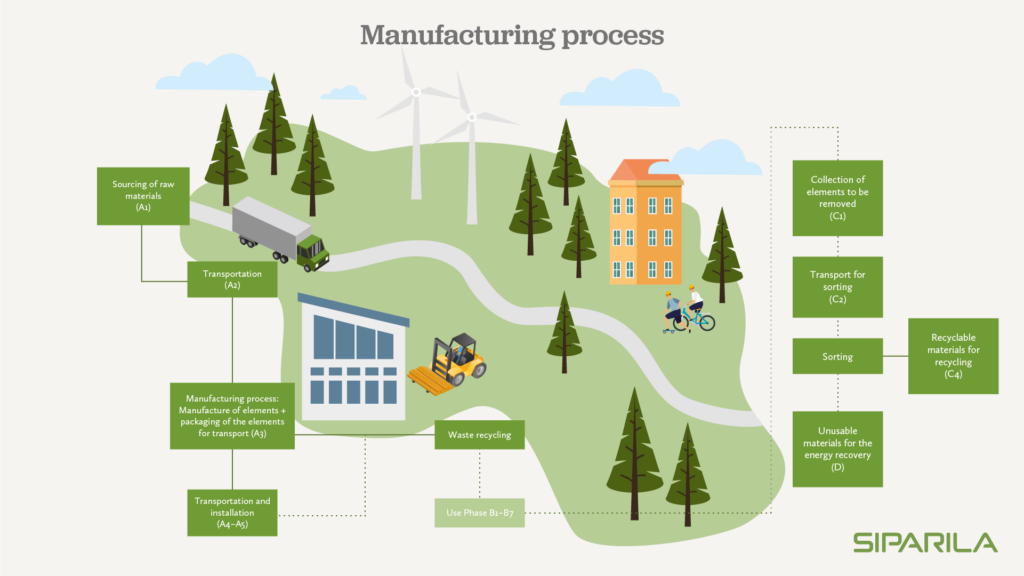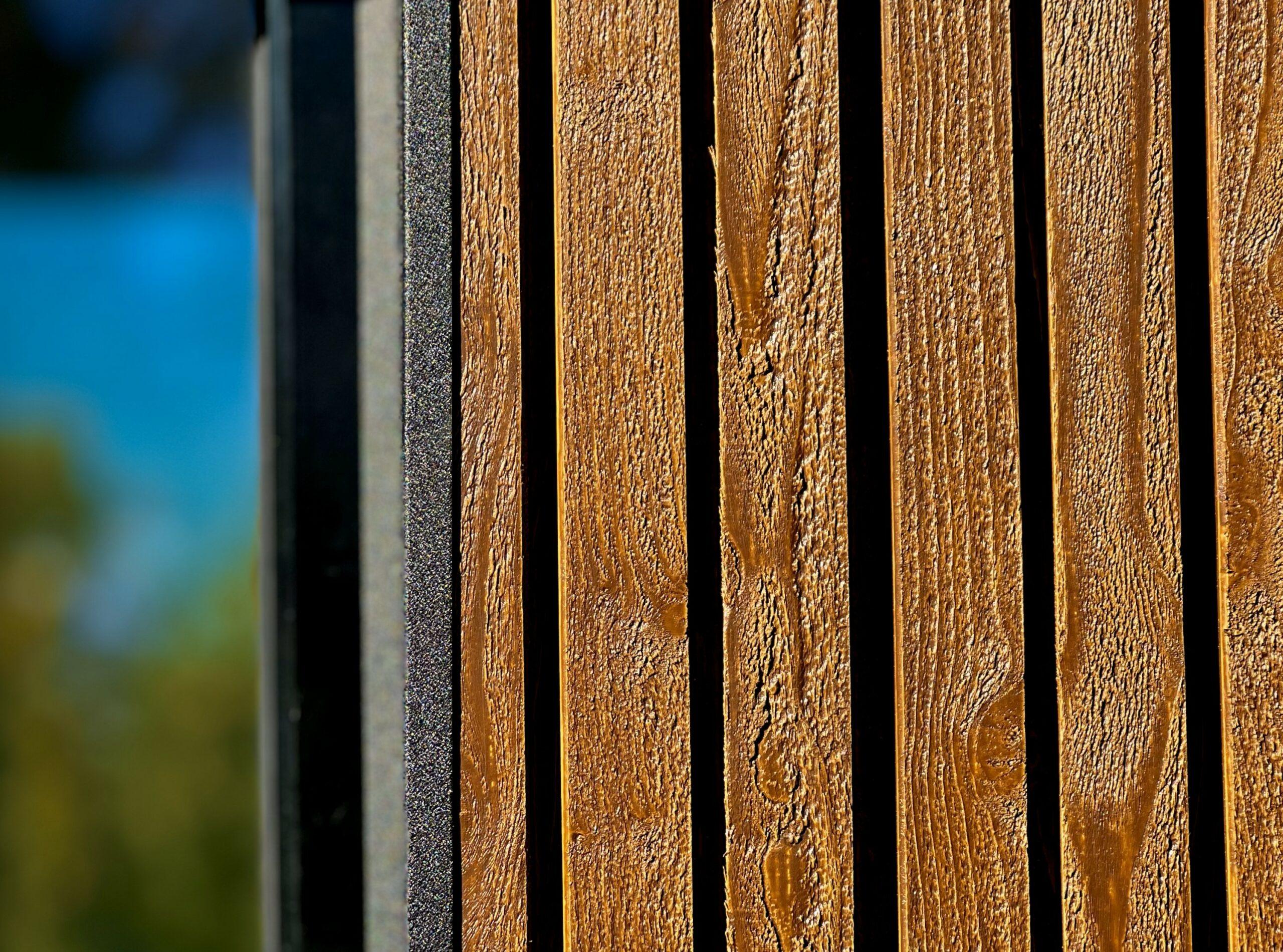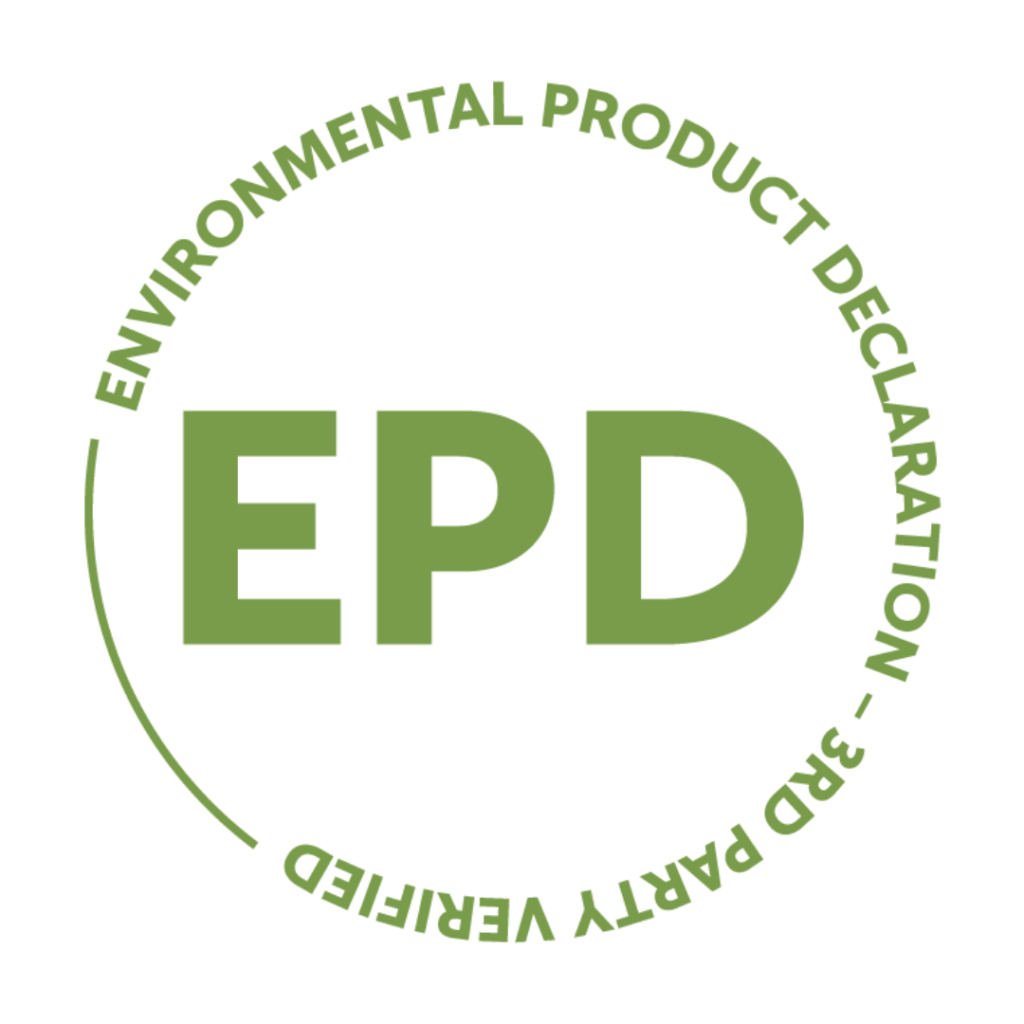The EPD is an international and standardized environmental label that shows the carbon footprint of a product throughout its life cycle. Siparila's softwood cladding and thermally modified panels are EPD-verified products.
EPD (Environmental Product Declaration) is a standardized environmental declaration based on a product's life cycle analysis. The life cycle analysis considers all environmental impacts of the product, from raw material extraction to final disposal. In the case of an exterior cladding product, for example, this means the life cycle from the arrival of the raw material at the factory to, for example, the construction site where the product has been ordered.
There is no calculation for each product or delivery of a company, but a mathematical average. Obtaining an EPD is a process whose complexity and duration depend, to a large extent, on how aware a company already is of its environmental values and life-cycle calculations. Production information systems also need to be in good shape to provide the necessary information on the manufacture of products.
The EPD is an entirely voluntary and reliable way of presenting the life cycle analysis of a product or service. After the environmental impact calculation, the EPD is verified by an independent third-party expert. The values calculated by the company and the expert must match to obtain an EPD - only a few percentage points are allowed.
EPD measures environmental impacts in a reliable and transparent way
Siparila's products for exterior cladding panels and thermally modified panels have had an EPD since spring 2023. Sustainability is one of the cornerstones of Siparila's operations, which also applies to environmental responsibility. Wood is a responsible construction choice, as it is a renewable and recyclable material that also acts as a carbon sink.
The EPD is an official and fully transparent measure of environmental impact. With Siparila's EPD-verified products, our customers can design their projects knowing the ecological impact of construction and can prove their environmental friendliness with a concrete figure.
Environmentally friendly and sustainable construction will play an increasingly important role in the construction industry in the future, which will further underline the value of EPD. When you need to know your environmental impact at the planning phase, the Product EPD is the key.

EPD can be applied for on a company or factory basis
The EPD can be requested on a company or factory basis, depending on whether the factory calculations fall within the margin required for the EPD. Siparila's current EPDs are factory-specific, which allows the environmental performance of an individual factory to be examined. It is also possible to apply for a so-called sister EPD for an EPD if, for example, wood products' raw materials or manufacturing methods differ significantly.
The challenge of comparing the EPDs of different products is that the calculations made for the EPD are influenced by other manufacturing materials and units of measurement, depending on the product, which determines the calculated value.
For example, wood and plastic are very different materials, as are square and cubic metres. The advantage of renewable raw materials is that they always have better values than, for example, oil-based raw materials.
You can find out more about Siparila's EPDs in the links below:



